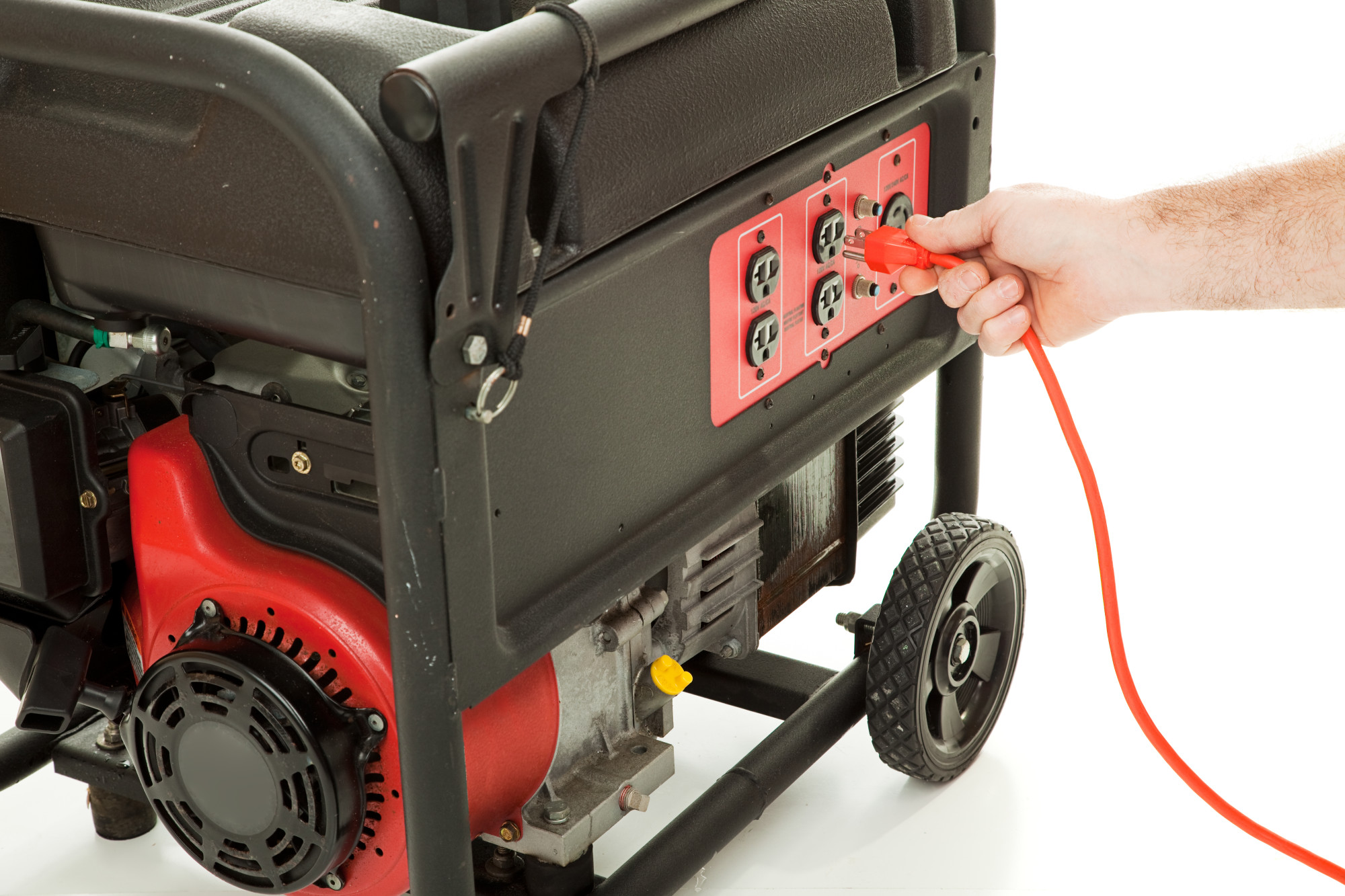
When it comes time to purchase a portable generator, you want to get the right one for your needs. In an energetic crisis, a well-fitted generator can make the difference between sleeping soundly and deal with the fallout of an unexpected outage.
Just because you need a generator doesn’t mean you should abandon all your common sense when purchasing one. It can be easy to bite off more than you can chew, especially in a situation with so much information and choice.
To help avoid generator-savvy buyer’s remorse, we’ve laid out some of the most common generator buying mistakes and how you can avoid them.
1. Not Doing Their Research
There are many reputable dealers out there, but there are also many who are not.
It is important to do your research and make sure you are not buying from a dishonest dealer. Otherwise, it can lead to a problem with the quality of the generator, or even worse, being ripped off altogether.
It is also a good idea to research a guide to generator installation to avoid dangerous situations.
2. Not Checking the Reviews
A quick Google search will reveal a ton of options, but it’s important not to just buy the first one you see. Checking reviews are a crucial step.
Many people skip this step and end up regretting it later. By reading online reviews, you can get a better sense of which models are worth your money.
3. Overlooking the Details
It’s important to read the fine print and make sure you understand all the features, the wattage, voltage, and amperage of the generator, and the fuel type and run time. Other important details include noise level, weight, and portability.
Knowing all the features and specs of the generator can avoid making a purchase you’ll regret.
4. Buying the Wrong Size
It is important to figure out the different generator sizes, and what types of generators you need for.
If you only need to power a few small devices, then a small, portable generator will suffice. However, if you need to power large appliances or multiple devices, then you will need a larger, more powerful generator.
Then consider how long you will need to use the generator. If you only need it occasionally, then a smaller generator will be fine. However, if you need it for extended periods of time, then you will need a larger generator that can handle the load.
5. Going for the Cheapest Option
While it’s understandable that you want to save money, it could end up costing you more in the long run.
Cheaper generators are often less reliable and may not have all the features you need. The reason for this is that the cheapest option is often not the most reliable or the most powerful.
This means that you could end up with a generator that doesn’t work when you need it most.
Avoid These Generator Buying Mistakes
If you’re in the market for a generator, beware of common mistakes that can end up costing you more money in the long run. Do your research, read reviews, and compare prices before making your purchase.
Pay attention to the features you need and make sure the generator you choose can handle the load.
Most important is to buy from a reputable dealer, have the generator installed by a qualified technician, and do regular generator maintenance. By following these simple tips, you can avoid common generator buying mistakes.
Read more from our blog with more ideas and information to help you.
Leave a Reply